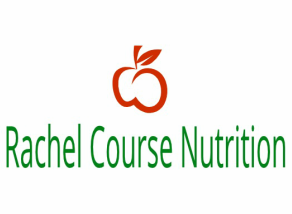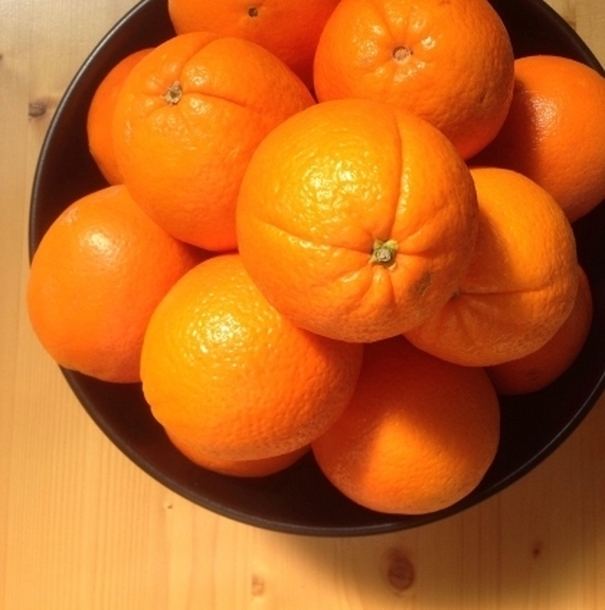|
This is the time of year when we can all feel a little run down, tired and also move into the cold and flu season. The reason we seem to be getting more susceptible to viruses now is believed to be because we’re spending more time indoors, increasing exposure to germs and viruses, and there’s also no doubt that we have a real lack of sunshine, which diminishes our vitamin D levels. So it’s really worth looking after ourselves. We can support our immunity levels by considering the following:
1) Vitamin D Not only does Vitamin D support bone health but it also plays a vital role with immune function. We get our main source of Vitamin D from the sunlight, but this is lacking in the winter months in the northern hemisphere. Dr Mercola reported recently that a Japanese study found that children taking a Vitamin D supplement were 58% less likely to catch influenza A. That is a better rate of protection than the flu vaccine, which I find really interesting. It’s important to remember to expose your skin to sunlight when we can and to eat foods containing Vitamin D such as salmon, milk, eggs, mushrooms, tofu and pork. As a rule we don’t tend to talk a lot about supplements because we are predominantly focusing on healthy lifestyle habits, but I want to say that I personally supplement Vitamin D during the winter months to support my bone health and immunity. For other ideas on how to support healthy bones have a look at a previous blog - Healthy Bones. If you do decide to supplement, check your levels with your doctor first and I would recommend speaking to a professional regarding levels and a good source of the vitamin. Particularly with vitamin D it's a good idea to get a spray supplement that goes under the tongue, as the tablet forms are usually too low a dose, and because they go through our digestive system we don't tend to absorb all of the vitamin D available. 2) Garlic I love garlic and add it to everything. Garlic contains a phytochemical called allicin, which is anti-viral anti-bacterial and is therefore essential at this time of year. To get the most out of garlic, you want to crush it first, leave it exposed to the air for a good 5-10 minutes before adding it to food. Also, the less it is cooked, the more goodness it retains. In fact, lots of herbs and spices have great immune-supporting chemicals - have a look here for more details on the wonders of herbs! 3) Vitamin C Vitamin C is well known to support immunity and is vital at this time of year. We should really be ensuring that we are getting plenty of fresh fruit and vegetables. Good sources include peppers, berries, green leafy vegetables, citrus fruits, tomatoes, kiwi, broccoli, peas, papaya and guavas. 4) Zinc Zinc is also essential for immune health so make sure that you’re adding eggs, beef, ginger, red meat, chicken, fish, whole grains, legumes, oysters, sunflower seeds and pumpkins seeds into your diet. 5) Mushrooms Mushrooms are fantastic immune boosters and I would really recommend adding these to your meals, especially enoki, shitake and oyster mushrooms. 6) Avoid excess refined sugar Too much sugar suppresses the immune system and boosts pathogenic activity. Enjoy the sweetness of natural fruits and try stevia or xylotil as an alternative to sugar in tea or coffee. Swapping white bread, rice and pasta for wholegrain varieties is also extremely beneficial. 7) Honey Honey is also really helpful. I’d recommend either raw honey or Manuka honey. Raw honey contains probiotics that boost immunity and Manuka honey, which is produced in New Zealand, contains higher concentrations of a component called methylglyoxal, which gives the honey its high antibacterial quality. Note of caution though, don’t give children under 2 years of age honey because their bodies aren’t developed enough yet to metabolise it. 8) Sleep When we sleep our body has a chance to repair and if you’re depriving yourself of sleep, your immunity will become suppressed. So try and get between 7 -9 hours per night if at all possible. 9) Relax Stress makes us more vulnerable to illness and disease. This is due to higher levels of cortisol and adrenalin in the body, which suppress immunity. Although stress is often unavoidable, using techniques such as meditation, deep breathing, yoga or walking are great at keeping the body in balance by lowering cortisol levels, which in turn can aid sleep and boost your immunity. Try this Immune Boosting Chicken and Ginger soup Ingredients • 2 split breast free-range chickens (this means bone in breast) • 6 shiitake mushrooms (you can substitute frozen or dried) • 6 slices of dried astragalus root (optional) • ½ onion (large) • 2 garlic cloves • 4 carrots • 4 celery stalks • ginger root (use about 3 inch slice) • kale (large bunch) • dash of dried oregano (add more if sick) • cup of fresh parsley • cup of fresh coriander • sea salt and black pepper • cayenne pepper (add this to each individual bowl as you like) Directions Fill the pot up about one third of the way with filtered water and toss in some sea salt, ground black pepper, and a pinch of cayenne pepper. The sea salt and peppers can really be minimal while cooking. You can always add a bit more to each serving. Let the water get hot, just below a boil. Add the split breast (after pulling off the fat and skin — a little left is fine). Slice up the ginger root into smaller strips and toss in the water. Cook the soup on low, more slowly. Cut up your carrots, celery, onions, garlic, and shiitake mushrooms, and add to the soup. Let this cook for about 30 minutes. Add the stem of the kale. Just pull off the leaves from the centre, and chop up the stems. Toss those in the soup. In 30 minutes or so, add the kale leaves. You can let this cook very slowly at a low temperature for another 30 minutes to an hour, and you’ll have a delicious, nutrient-dense soup. Cut up the parsley and coriander, and put a little on the bottom of your bowl. Scoop out the soup and place it on top. Keep well. Rachel x
0 Comments
|
Archives
January 2017
Categories |


 RSS Feed
RSS Feed
